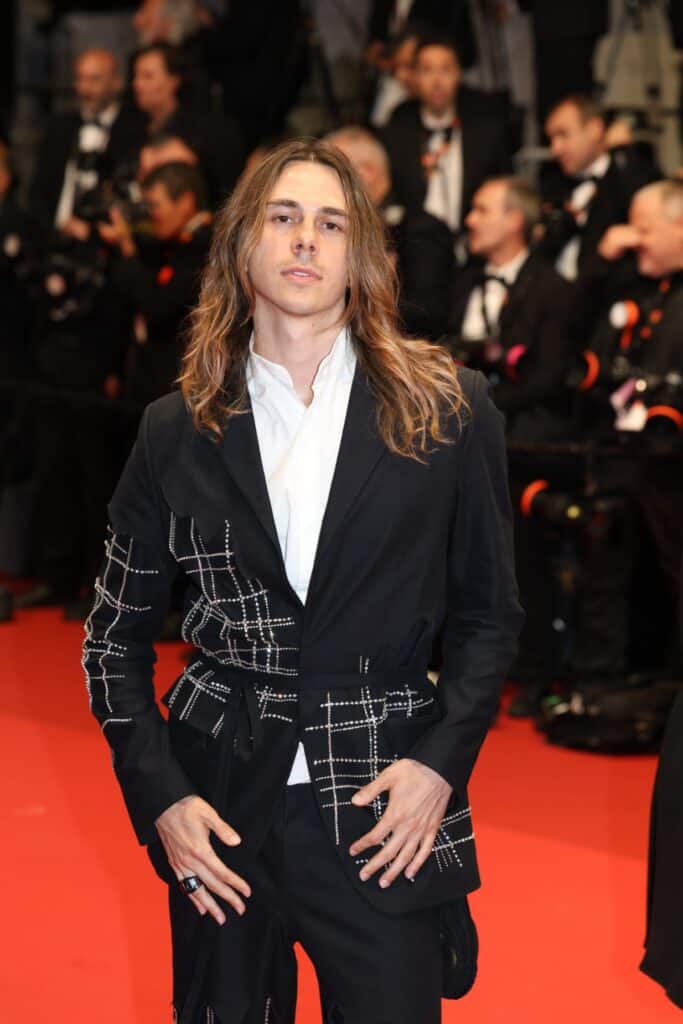A ruckus has been caused across the media over the last week, as the Cannes Film Festival has issued a new dress code banning nudity and “excessively voluminous” garments, as stated in a release on Tuesday. The statement has sparked outrage over the last few days, inducing conversations about the oppressive stance this takes against the women of the red carpet in an age where liberty is what the world is desiring most. Gristfedlt, a Ukrainian fashion designer and Cannes Film Festival invitee, shares his views on how this year’s change of plans has affected style, while touching on how some celebrities are taking revenge against the directors of one of the world’s most prestigious events.
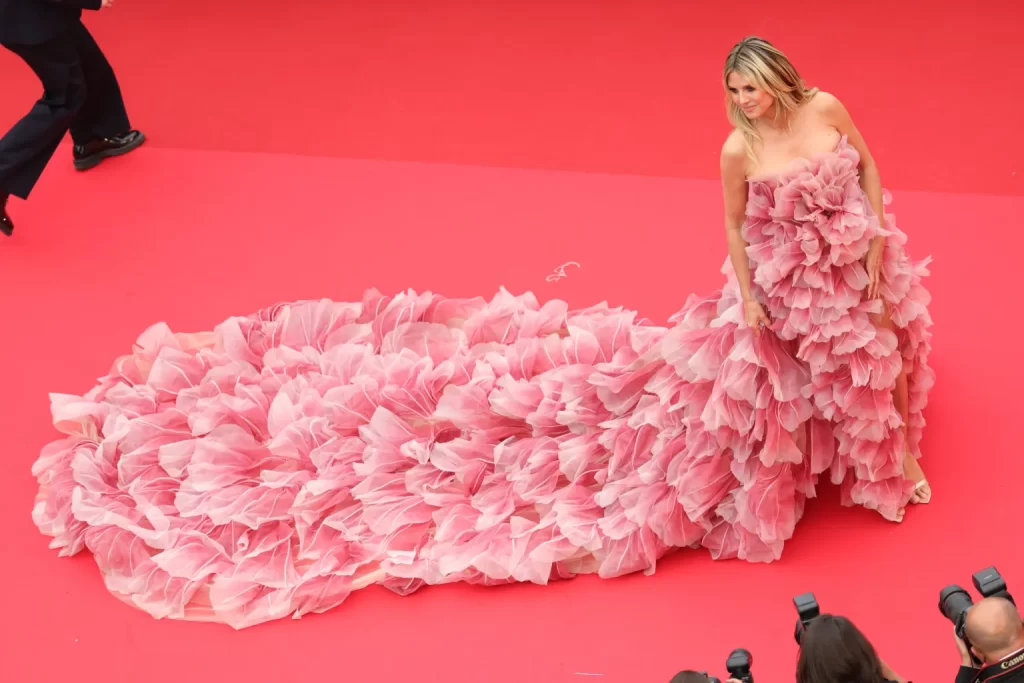
“Cannes has always been known for its scandals and bold statements, so the news didn’t come as a surprise. As someone who analyses cultural trends and is deeply involved in the fashion industry, I anticipated this shift. We’re living in a time of global conflict, and with that comes a natural tightening of expression, especially at high-visibility events like Cannes,” says Gritsfeldt. Reinstating the fact that this year, Cannes has imposed a stricter set of rules on nudity and expression in fashion. “While fashion has
ong lived by the “sex sells” mantra, I see a rising wave of people—especially those investing in their mental and emotional well-being—who are no longer easily triggered by nudity,” he states, adding “It’s not that sensuality has disappeared, but the game is changing. Hollywood itself is full of contradictions and clings to an outdated narrative of youth and beauty.” And it is this sentiment that has lingered in the thoughts of film and fashion lovers over the course of this week. The impositions placed on the carpet uphold the idea that, as a society, amongst conservative uprisings, with the increasing control and regulation over women’s bodies. The question of whether a double standard comes into play in how women’s bodies versus men’s are treated in fashion at Cannes is not only timely, but deeply telling.
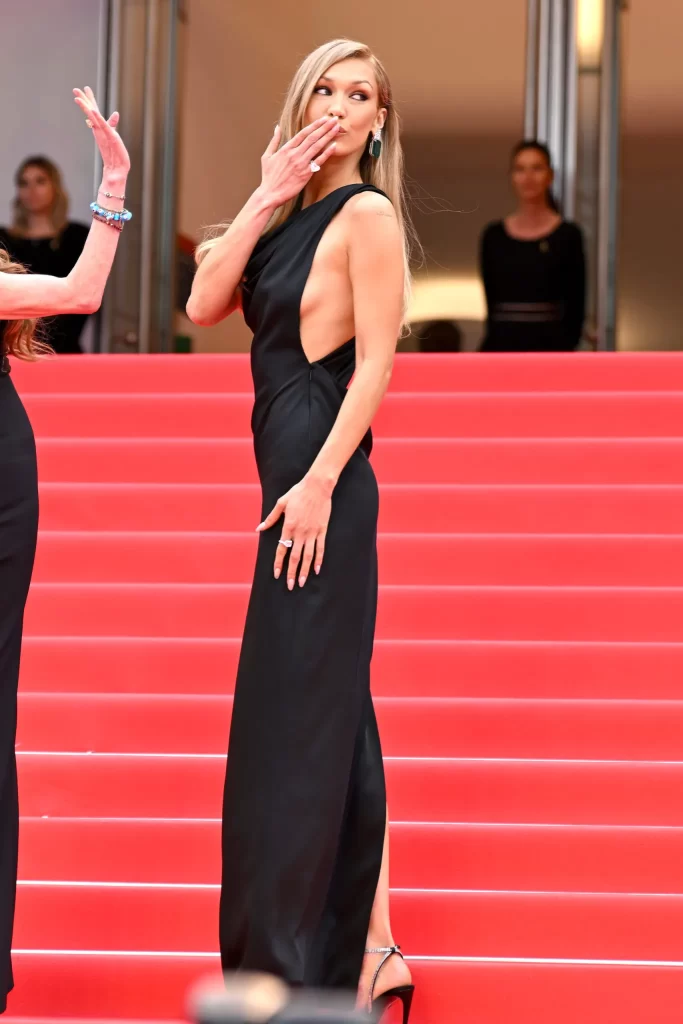
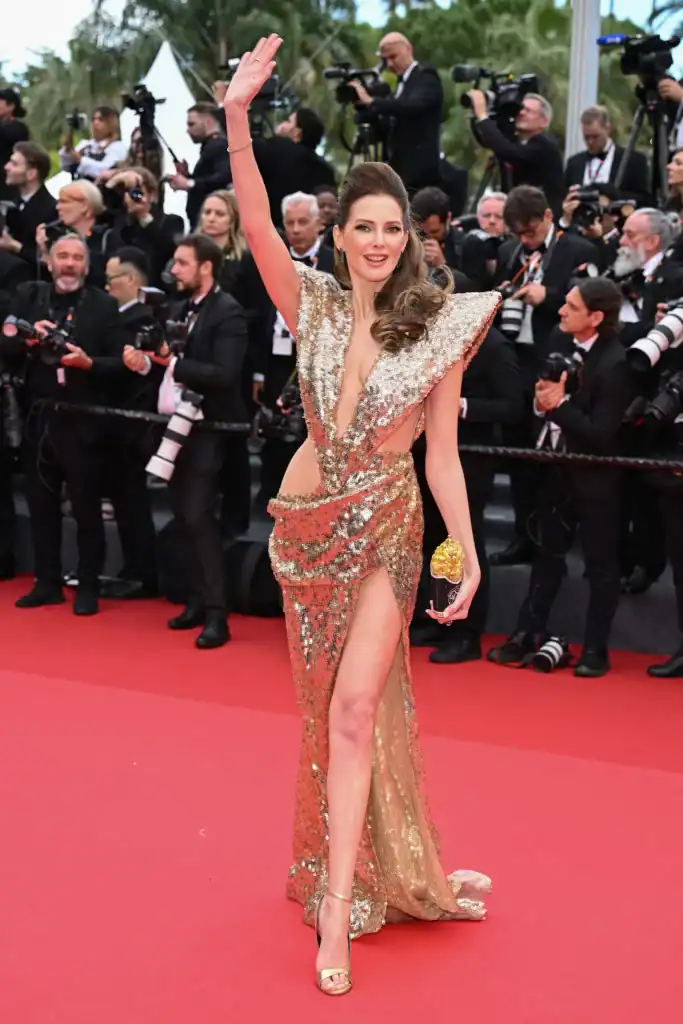
“While men often walk freely, women are still held to contradictory expectations: be bold, but not too bold; be sexy, but not too sexual. It’s a reflection of deeper cultural imbalances that are still unresolved,” illuminates the designer. “There is a double standard—especially when control over the female body becomes symbolic capital,” highlighting the advertising factor that any fashion/film event is known for.
As BoringNotCom, a viral Instagram fashion account, says, “with major sponsors like Chopard, Kering and L’Oréal involved, the red carpet functions less as a celebration of cinema and more as a very expensive ad.” And it is exactly this, the rebellion was imminent.
Cannes is supposed to be a celebration of bold, boundary-pushing cinema, including films that explore nudity and eroticism through the lens of artistic expression, yet the same openness is poorly reflected on the red carpet. “Cinema has the power to set beauty standards and behavioural norms that society often follows blindly. But even within that system, contradictions thrive,” says the Ukrainian creative. Before going on to speak on Demi Moore’s recent and long-awaited recognition, mentioning that “someone once told her to throw away the ruler by which beauty and success are measured.” A statement that speaks volumes in an industry often governed by youth-obsessed, erotic constructs led by a vast majority of male figures. “This paradox defines the industry: preaching liberation while reinforcing control.
And people still consume the illusion, hungry for meaning that’s been carefully curated for mass appeal,” adds Gritsfeldt.
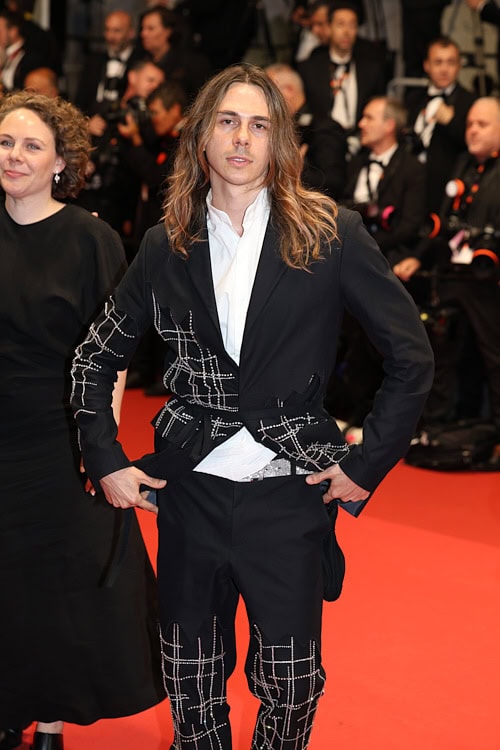
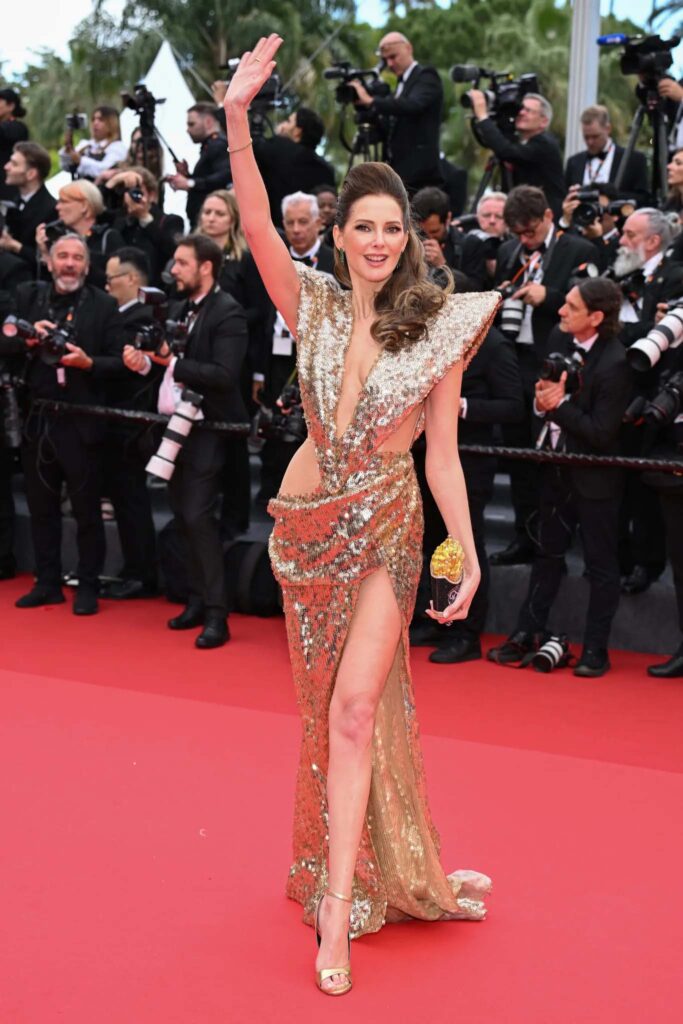
I asked the question, ‘Do you think the new “cover-up” rules are a form of patriarchal control over the female body?’ The answer from Gritsfeldt was clear: “Yes, I believe the patriarchal system is still very strong.” But for the designer, the issue runs deeper than dress codes or red carpet reputation. “The root of this issue, however, lies deeper than rules or red carpets,” he says, pointing to a longstanding cultural pattern that continues to carve the image of the way women are treated.
Girtsfled traces fashion’s power dynamics back decades, showing how women have long felt the oppression of the male gaze. “True change begins in the feminine field. When women learn to hold space without fear or control, when we stop saving and start seeing the masculine, even if it’s still emerging, we create a reality where men can finally grow up,” Gritsfeldt says, showing his views on how he believes that once men are truly seen and held to account, they can mature; only then can women finally achieve
the equality they’ve always deserved.
By championing authenticity over artifice, the Berlin-based creative argues that fashion can finally fulfil its highest purpose, “True presence doesn’t come from clothing alone—it radiates from depth, self-awareness, and connection,” he reminds us, having witnessed both the relentless pressure and the liverating confidence that comes when individuals stop chasing approval and simply embody who they are. It is this very insight that shapes his vision for the red carpet: an idea Cannes, “where style is led by soul, not strategy. Where fashion becomes a mirror of who we are, not who we’re trying to impress.” In that world, every gown and tuxedo serves not as a mask, but as a conduit for genuine self-expression, so that the only thing more captivating than the couture is the person within it.
Stars like Bella Hadid and Wan QianHui graced the red carpet this week, daring to continue to dress against the rules and against the oppression placed on the creatives. Hadid donned a black dress by Saint Laurent, fashioning a leg slit as a side-eye to the regulations, QianHui stunned in an expressive use of fashion, excessive in all the right ways. So as gowns trail and cameras flash, it’s clear that Cannes is more than a film festival, it’s a stage for cultural resistance, while the new “cover-up” fiasco attempts to impose restraint, many stars are using fashion to push back, reclaiming the red carpet as a site of true self-expression.
